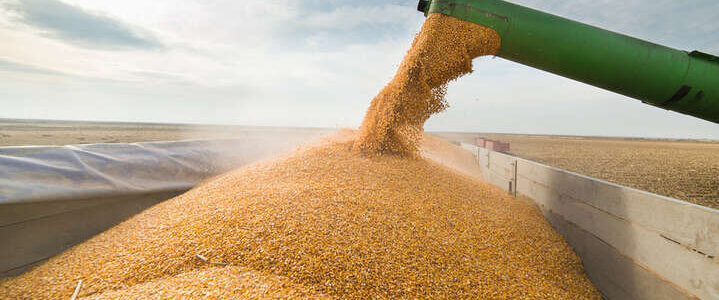
In July-September this year, the cargo turnover of the port of Kolobrzeg increased by 52% due to the resumption of transshipment of Ukrainian agricultural products, the Polish edition of Rynek Infrastruktury reports.
According to the report, Kolobrzeg was not previously included in the Polish government’s resolution on the transit of Ukrainian grain. In the third quarter, the port resumed accepting Ukrainian agricultural products, which helped increase cargo turnover.
In the third quarter, the Polish port handled more than 73 thousand tons of cargo, which is 52% more than in the same period of 2022, when 48 thousand tons were handled. The cargo included grain, logs, limestone, pellets and fertilizers. Grain accounts for half of the transshipment. Among the grains transshipped in Kolobrzeg, corn and barley were the most common.
The port temporarily suspended operations in April this year. Back then, the Polish authorities banned imports of Ukrainian grain but allowed its transit. At first, Kolobrzeg was not on the list of ports that could handle Ukrainian grain, but later the Polish government allowed the company to handle Ukrainian cargo.
“We have demonstrated that we are unpredictable in our actions as a country, so building long-term business relations is perceived as risky, as one decree can turn everything upside down”, said Artur Lievski, head of the port’s administration.
A week after the ban was imposed by the Polish government, the mistake was corrected: Kolobrzeg was included in the list of seaports through which grain can be transited from Ukraine. However, it took a long time to restore trust, and for some time no freight trains with Ukrainian products arrived in Kolobrzeg. After a three-month break, the first train with corn from Ukraine arrived at the seaport of Kolobrzeg in late July, the newspaper said.